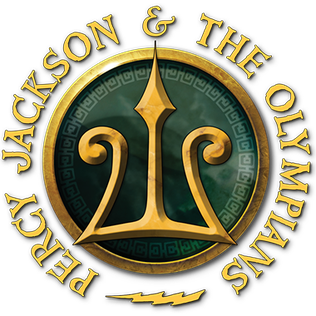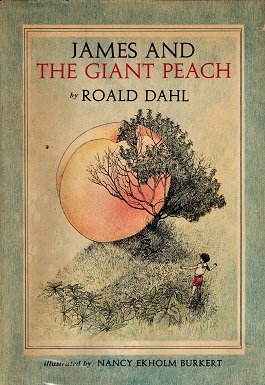Saul Bellow
Explore the timeline of Saul Bellow, delving into the major milestones of his life, his influential works, and his legacy in American literature. From his birth in 1915 to receiving the Nobel Prize in Literature in 1976, discover the key events that shaped the life and career of this renowned writer.
Birth of Saul Bellow
Saul Bellow, one of the 20th century's most distinguished novelists, was born on June 10, 1915, in Lachine, Quebec, Canada. Raised in a poor Jewish family that emigrated from Russia, Bellow moved to Chicago, which became a city he famously depicted in several of his works. His upbringing in an immigrant family influenced his perspective and writing style, which is characterized by its rich representation of 20th-century urban life.
Publication of Dangling Man
Dangling Man, the first novel by Saul Bellow, was published in 1944. The book is presented as the journal of Joseph, a young man in Chicago who is waiting to be drafted into the army. In this novel, Bellow explores themes of alienation and personal identity, which become recurrent motifs in his later works. Dangling Man was well-received as an innovative existentialist study, setting the stage for Bellow's future success as a writer.
Publication of The Adventures of Augie March
The Adventures of Augie March was published in 1953 and is considered one of Saul Bellow's defining works. The novel follows the life of Augie March, a Jewish American from Chicago, and it explores themes of personal growth and individual aspiration amidst the backdrop of the Great Depression. The book's unique narrative style, which combines picaresque elements with a keen introspection, won Bellow widespread acclaim and established his reputation as a major writer.
Herzog Published
In 1964, Saul Bellow published Herzog, a novel that earned him critical and commercial success. The novel's protagonist, Moses Herzog, is a troubled intellectual who writes unsent letters to friends and figures from his past. The book delves into themes of existential angst and the complexity of human relationships. Herzog solidified Bellow's status as a leading American novelist and won the National Book Award for Fiction, further showcasing his literary prowess.
Winning the Nobel Prize in Literature
In 1976, Saul Bellow was awarded the Nobel Prize in Literature. The Swedish Academy cited his concern with the human condition, marked by acute observation of character and society. Bellow was recognized for his ability to create vividly realistic characters that illustrate philosophical ideas. He was the first American to win the award since John Steinbeck in 1962. This prestigious award cemented his reputation as a major literary figure and celebrated his contribution to literature.
Publication of Ravelstein
Ravelstein, the last novel published during Saul Bellow's lifetime, came out in 2000. The novel is a thinly-veiled portrayal of Bellow's friend Allan Bloom and explores themes of mortality, friendship, and intellectual life. Through the character of Ravelstein, Bellow reflects on the essence of cultural life and intellectual pursuits. Ravelstein was praised for its incisive characterization and its philosophical depth, marking a significant capstone to Bellow's illustrious career.
Death of Saul Bellow
Saul Bellow passed away on April 5, 2005, at the age of 89. He died at his home in Brookline, Massachusetts. His death marked the end of a remarkable life that had a profound impact on American literature. Throughout his career, Bellow won numerous awards, including the Pulitzer Prize, the National Book Award several times, and the Nobel Prize in Literature. He left behind a legacy of introspective, deeply intellectual novels that captured the complexities of modern life.
Frequently asked questions about Saul Bellow
Discover commonly asked questions regarding Saul Bellow. If there are any questions we may have overlooked, please let us know.
When was Saul Bellow born?
When did Saul Bellow win the Nobel Prize in Literature?
When did Saul Bellow pass away?
What are some of Saul Bellow's most famous works?
Related timelines
More timelines connected to Saul Bellow







